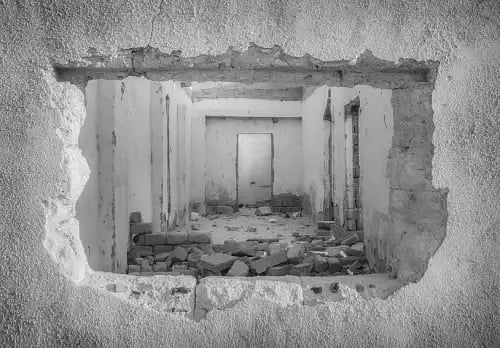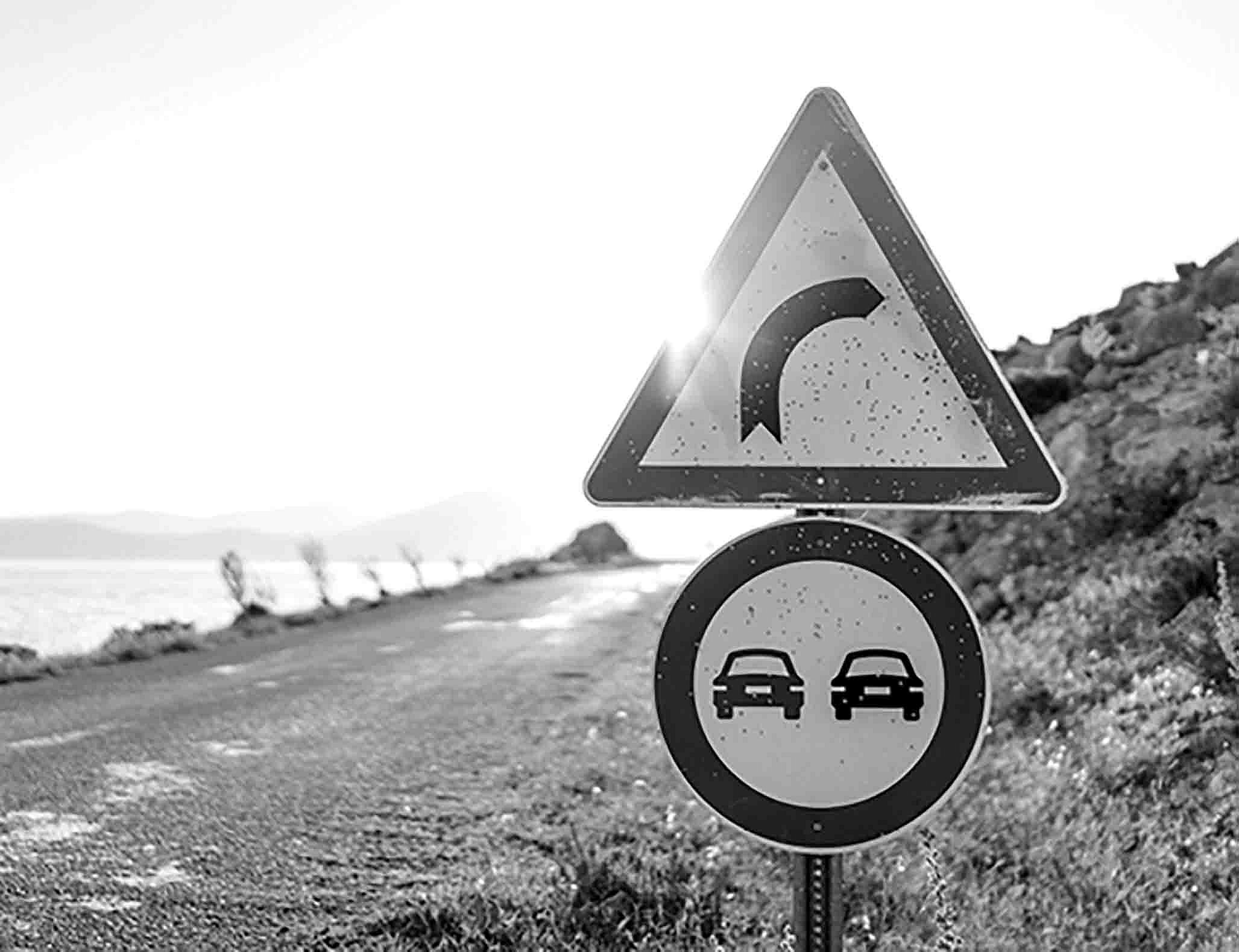Five Types of Damages Covered by Building Insurance
health-and-home
Your home may seem permanent, but it is unfortunately exposed to risks every day, and you never know if you might lose it. Unfortunately, we have received many calls from devastated customers who have lost their homes. Fortunately for them, most had buildings insurance which meant they were protected against the financial loss and supported in finding somewhere else to live without much notice.
Since this type of insurance does not cover everything in your home, it is helpful to know what it does and does not cover. At Auto & General, we believe you should become familiar with the five types of damages building insurance covers, and we shall share those with you now.
What is building insurance?
When you buy a house on a bond, the lender will often require you to have buildings insurance. If you lose the property for whatever reason, you will need to pay the bank back for the loan even if you no longer live there.
In 2011 in South Africa, more than 700 million residential properties were lost. In this instance, fire was the culprit. Fires are unpredictable and can be caused by cooking in the home, electrical faults and lightning.
As potentially the most significant investment you own, building insurance, also called homeowners insurance or home insurance, is the only way to protect yourself from such risks.
What does building insurance usually cover?
Now that you know what home insurance is, it’s time to understand what it covers.
Burst pipes, geysers, fires and extreme weather events like floods and hail are most commonly covered.
Here is a list of what else is and isn’t included in your home insurance policy:
|
Item covered |
Item not covered |
|
Home fixtures like bathtubs and fitted kitchens. |
Home contents and personal goods. |
|
Your home structure. Damage to your home may be due to a burnt roof, fallen tree or storm or flood. |
Maintenance issues, like blocked gutters or a leaky roof. |
|
Separate granny flat. If you have a separate granny flat or garage, it will be included in your home insurance cover. |
Damage due to roots from trees in your garden. |
|
The structure of your swimming pool, gates and walls. |
Non-approved buildings. |
|
Personal liability can be included in your insurance package. In case someone dies or is injured in your home, your insurer may protect you against third-party liability. |
Home damage due to riots and strikes. This can be covered by SASRIA, a cover for special risks. |
If you already have a policy and an event is not listed here, we suggest referring to your policy documents for a complete list of inclusions and exclusions.
What does building insurance cost?
No two homes are alike, making it unrealistic for insurers to have standardised costs across policies. Additionally, homes are situated all over the country, and certain areas are subject to different risks.
The cost of your insurance depends on the home's replacement value, not its’ market value. The market value is the current price of your home, which considers the existing condition it’s in and the real estate market.
The replacement value considers the current prices for materials required should you need to rebuild your home. A professional building contractor or property valuation expert is the best-placed person to determine the current replacement value of your home.
If you want to stay adequately protected, it is necessary to review this valuation annually as prices for construction materials change often.
Do I legally need buildings insurance in South Africa?
Having home insurance is a sure way to protect against losing your property. Despite this, no law in South Africa obligates you to buy buildings insurance.
The exception is when you purchase a house through a home loan from a financial institution such as a bank. When you apply for a home loan, your banker will want you to have comprehensive home insurance to protect the investment.
However, your financial institution cannot choose a home insurer on your behalf. This means you have complete control over who you choose to insure your property.
When should I get building insurance?
The best time to buy home insurance depends on whether you purchase a house through a bond or build it yourself from scratch.
If buying through a bond, you’ll be purchasing a complete building. So, it is best to buy home insurance as soon as the home is in your name.
When you are building your home from the foundations up, it is best to buy home insurance as soon as the structure is up. This is because you’ll be protecting yourself against the loss of finances you have already invested into it.
Where to find the best building insurance in South Africa?
Many large insurers in South Africa, including Auto & General, offer home insurance. Obtaining the best homeowners insurance begins with getting an insurance quote. There are no obligations to purchase with us, a quote simply gives you an indication of the price per month.








